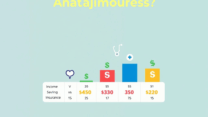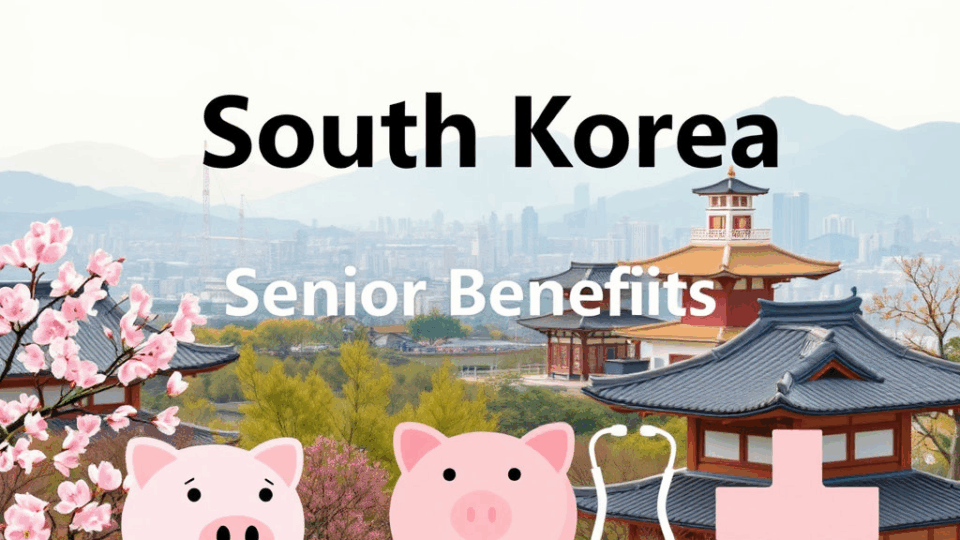
South Korea Senior Benefits Guide 2025: Financial, Medical, and More
Financial Assistance for Seniors in Korea
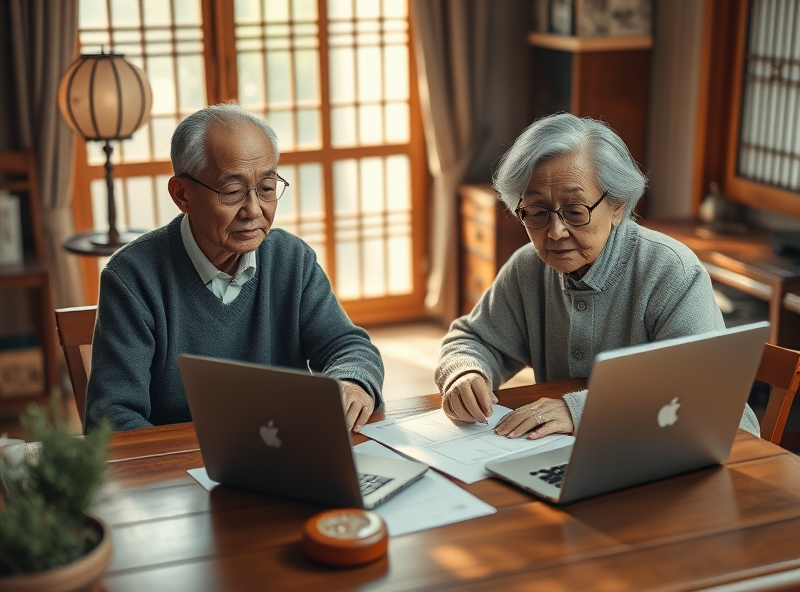
As South Korea’s population continues to age, the government has expanded its support programs to ensure seniors can live with dignity and financial stability. In 2025, several financial assistance programs are available to help elderly citizens manage their living expenses, healthcare costs, and more.
One of the most significant programs is the Basic Pension (기초연금), which provides a monthly allowance to seniors aged 65 and older with limited income and assets. As of 2025, eligible individuals can receive up to 334,000 KRW per month. This pension is designed to reduce poverty among the elderly and supplement their retirement income.
In addition to the Basic Pension, low-income seniors may qualify for the National Basic Livelihood Security Program (국민기초생활보장제도), which offers financial aid for housing, food, and medical expenses. Seniors with disabilities or chronic illnesses may also receive additional support through the Long-Term Care Insurance system (노인장기요양보험), which covers services like home care, nursing homes, and rehabilitation.
For those with limited housing options, the government provides rental assistance and access to public housing through the Korea Land and Housing Corporation (LH). These programs are tailored to help seniors live independently and safely.
It’s important for seniors and their families to stay informed about eligibility criteria and application procedures. Local community centers and welfare offices offer consultation services to guide applicants through the process.
For more information, you can visit the official Ministry of Health and Welfare website: https://www.mohw.go.kr
These financial support systems are crucial in helping seniors maintain a stable and comfortable life, especially as living costs rise and family structures change. By understanding and utilizing these resources, seniors in Korea can enjoy greater peace of mind and improved quality of life.
Healthcare and Medical Support for the Elderly
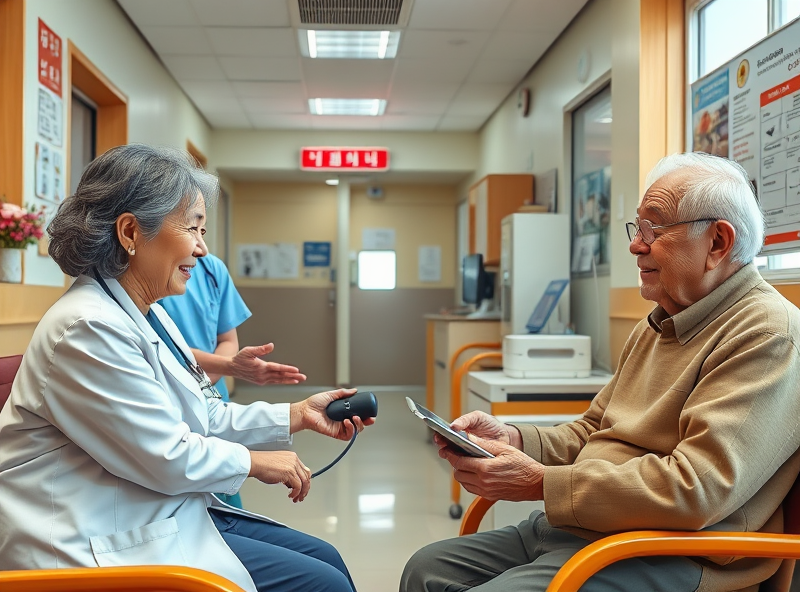
As South Korea’s population continues to age, the government has expanded its healthcare and medical support systems to ensure that seniors receive the care they need. In 2025, elderly citizens in Korea can benefit from a range of public health services designed to improve quality of life, reduce financial burden, and promote independent living.
One of the most significant supports is the National Health Insurance (NHI), which covers a large portion of medical expenses for seniors. Those aged 65 and older are eligible for reduced premiums and co-payments, making essential treatments more affordable. Additionally, the Long-Term Care Insurance (LTCI) program provides services such as home-visit care, nursing home support, and rehabilitation for seniors with chronic illnesses or disabilities.
The government also offers free or subsidized health check-ups every two years for seniors, including screenings for hypertension, diabetes, and cancer. These preventive measures help detect health issues early, allowing for timely treatment and better outcomes.
Local health centers (보건소) play a vital role in community-based elderly care. They provide vaccination programs, dementia support services, and mental health counseling tailored to the needs of older adults. In 2025, digital health services are also expanding, with telemedicine and mobile health apps helping seniors manage chronic conditions from home.
For more information, you can visit the official National Health Insurance Service (NHIS) website: https://www.nhis.or.kr/english/index.do
Transportation Discounts and Travel Savings
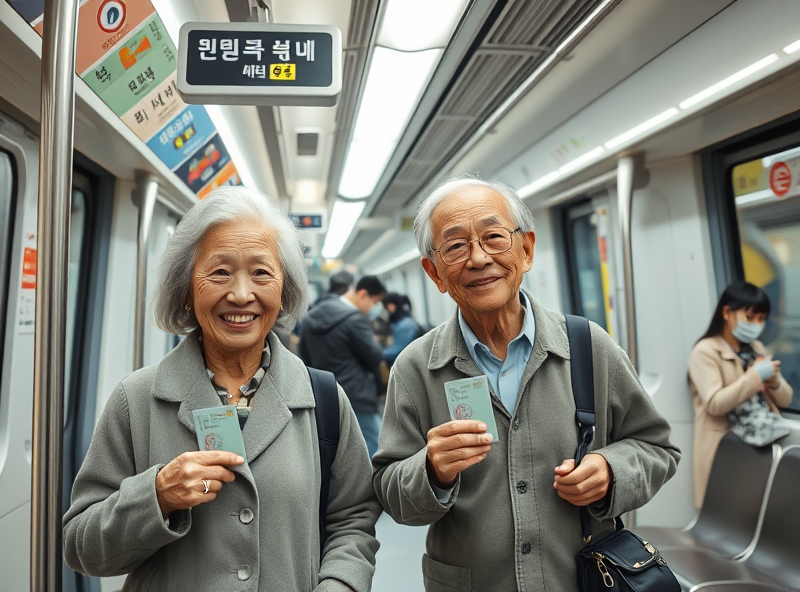
In South Korea, seniors aged 65 and older can enjoy a variety of transportation discounts and travel savings that make getting around more affordable and accessible. These benefits are part of the government’s broader initiative to support the well-being and mobility of older adults.
One of the most widely used benefits is the free or discounted subway and bus fare in major cities like Seoul, Busan, and Daegu. For example, in Seoul, seniors can ride the subway for free by registering for a senior transportation card (노인교통카드) at their local district office. This card can also be used on buses, offering significant savings for daily commutes or errands.
In addition to public transportation, Korail, Korea’s national railway operator, offers up to 30% discounts on train tickets for seniors. These discounts apply to KTX (high-speed trains), ITX, and Mugunghwa trains. Seniors can register for a membership card or simply present their ID when purchasing tickets at the station or online.
For those who enjoy traveling, the Korea Tourism Organization and local governments occasionally provide travel packages and hotel discounts tailored for seniors. These packages often include guided tours, cultural experiences, and accommodations at reduced prices.
These transportation and travel benefits not only reduce financial burdens but also encourage seniors to stay active, socially connected, and independent. To learn more about public transport discounts and how to apply, you can visit the official Seoul Metropolitan Government site: https://english.seoul.go.kr/life-information/transportation/transportation-in-seoul/
Taking advantage of these programs can greatly enhance the quality of life for seniors, making everyday travel and leisure more enjoyable and stress-free.
Education, Housing, and Communication Benefits
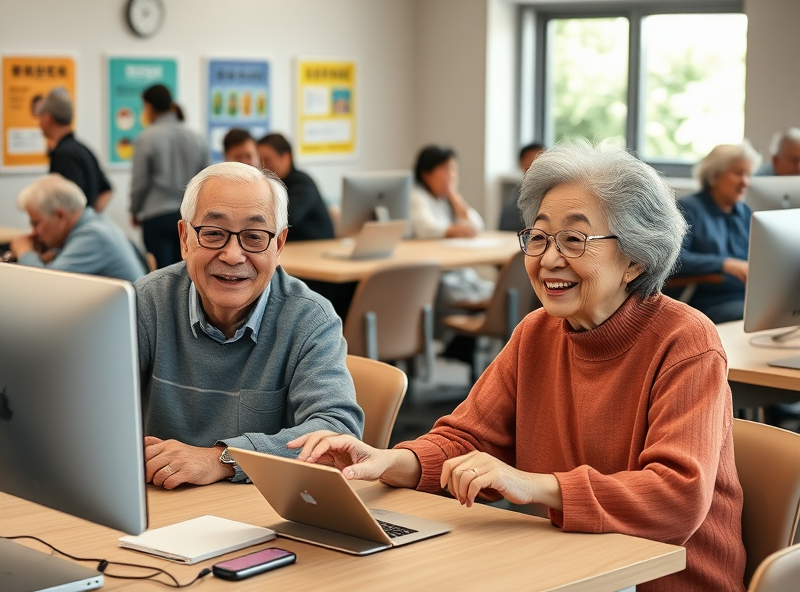
In South Korea, the government has been actively expanding support for seniors, especially in the areas of education, housing, and communication. These benefits are designed to help older adults stay connected, engaged, and secure in their daily lives.
Starting with education, lifelong learning is strongly encouraged. Local community centers and senior welfare centers offer free or low-cost classes in computer literacy, foreign languages, art, and even university-level courses. These programs not only enhance cognitive function but also provide valuable social interaction. Seniors can check with their local government offices or visit the Korean National Institute for Lifelong Education (KNILE) for more information.
When it comes to housing, the government provides public rental housing options specifically for low-income seniors. These units are designed with accessibility in mind, featuring barrier-free designs, emergency call systems, and proximity to healthcare facilities. Additionally, housing maintenance subsidies are available to help seniors live safely and comfortably in their own homes.
Communication is another key area of support. The Ministry of Science and ICT offers discounted mobile phone plans and internet services for seniors. These plans make it easier for older adults to stay in touch with family and access essential online services. Free digital literacy programs are also available to help seniors become more confident in using smartphones and the internet.
These benefits reflect South Korea’s commitment to improving the quality of life for its aging population. Seniors and their families are encouraged to explore these resources to ensure a more connected, educated, and secure lifestyle.
For more details on lifelong education programs, you can visit the official site of the Korean National Institute for Lifelong Education: https://www.knile.or.kr



